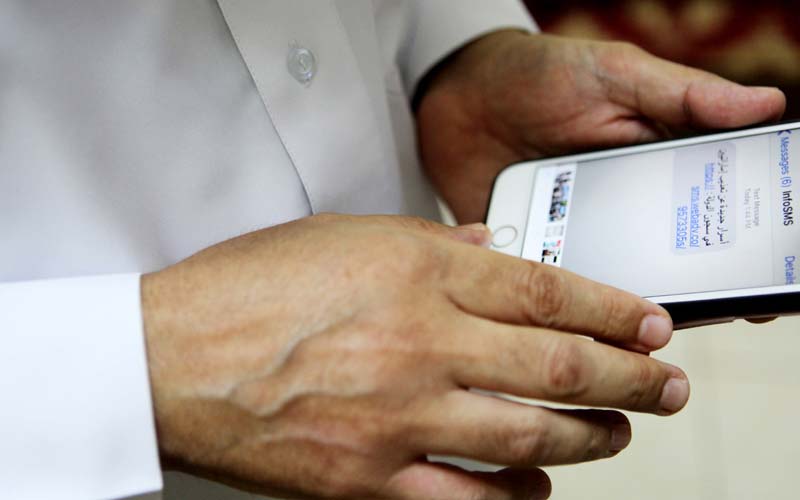The importance of being earnest in updating your operating system

What are the chances of a device running iOS or Android to be infected by malware? While 5-6 years ago those odds were slim and insignificant to the average user, now mobile devices are just as much at risk to be the target of hacking, as any Windows laptop, or Apple MacBook.
No matter what device we use, malware has become rampant on every platform, however, the methods of contracting malware have not changed much from earlier days. Clicking on an obscure web link, or opening a suspicious attachment from an odd-looking email are still the most common ways to contract malware. The one thing that has changed, however, is the nature of today’s malware.
Ransomware is an extreme, but all too common example of an aggressive trend, targeting users and businesses, which results in an often inextricable hostage situation for users data.
While initially, Windows PCs were the training ground for this type of devastating malware, Macs have now become a target, as well as Android phones and Apple devices like the iPhone, the iPod Touch, and even the iPad Pro.
Other types of malware aren’t always as obvious or destructive as ransomware. For instance, malware is often designed to spy on users activity, collect information, and even control a user’s device to unwittingly infect other computers and devices within a network, or in the open Web.
This latter example is particularly relevant, in connection to a most recent news about three major security vulnerabilities found in iOS, that allow attackers to completely take control of a remote device, like an iPhone or an iPad.
Human rights activity Ahmed Mansoor was one of the most recent high-profile targets of these types of hacking. Mansoor reported receiving a suspicious message on his iPhone, containing a link to a website promising “...new secrets about torture of Emiratis in state prisons...”.
Fortunately, Mansoor did not visit the link that accompanied the text message, instead he reported it directly to Toronto-based Citizen Lab, which operates within the Munk School of Global Affairs, with a focus on security and human rights.
The link was traced back to private equity firm Francisco Partners Management LLC, which in late 2015 was in the process of selling the very property connected to the incident. FPM-owned NSO Group Ltd has been a major player in its niche category of “cyber warfare”, and has provided services focused on gathering of information from text messages, photos and Internet browsing data, to government agencies, retailers, banks and hospitals.
The “Trident”, is a “zero-day”-level triple threat designed to completely take control an iOS device, which installs and activates, and immediately tracks all user activity, including text messages, instant messaging applications, social media activity, no matter whether the apps in use are encrypted.
To avoid the risk of your iPhone, iPad or iPod Touch being a target to these types of attack, users are advised to upgrade iOS to version 9.3.5, by going to Settings > General > Software Update.
Ready to shop?
If you are looking for the perfect MacBook, PortableOne has you covered with a great selection of Apple MacBooks, as well as expert support.